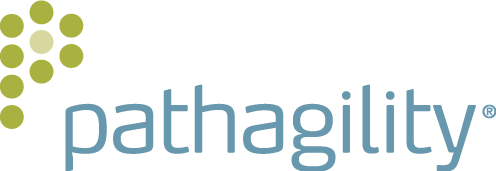There is an abundance of focus and energy around the shift to digitizing healthcare. The government may be the biggest cheerleader and/or bank roller. Last week, the Office of the National Coordinator for Health IT posted on its Health IT Buzz Blog a new theme of unity in healthcare emphasizing the fact that it is going to be a huge team effort to make the kind of traction needed for this movement to be a success.
I am pleased today to announce our new unifying theme that reflects the teamwork taking place across the country: “Connecting America for Better Health.” This message clearly illustrates one of HITECH’s guiding principles – namely, that we are all in this together.
Since the stimulus HITECH Act of was passed in 2009, how is this movement progressing?
In a recent article in Health Affairs, corresponding author, Ashish K. Jha, provided the results of a recent surveyon this topic. Jha is an associate professor of public health at the Harvard School of Public Health; an associate professor of medicine at Harvard Medical School; and a staff physician at Veterans Affairs Boston Healthcare System and Brigham and Women’s Hospital, all in Boston, Massachusetts. He is serving as a senior adviser to the under secretary for health of the Veterans Health Administration. Following is the abstract from the progress report:
Given the substantial federal financial incentives soon to be available to providers who make “meaningful use” of electronic health records, tracking the progress of this health care technology conversion is a policy priority. Using a recent survey of U.S. hospitals, we found that the share of hospitals that had adopted either basic or comprehensive electronic records has risen modestly, from 8.7 percent in 2008 to 11.9 percent in 2009. Small, public, and rural hospitals were less likely to embrace electronic records than their larger, private, and urban counterparts. Only 2 percent of U.S. hospitals reported having electronic health records that would allow them to meet the federal government’s “meaningful use” criteria. These findings underscore the fact that the transition to a digital health care system is likely to be a long one.
It’s obvious there is a lot of hard work ahead for the healthcare community and their technology partners. It will be interesting to continue to watch the impact of this movement.
What do you think some of the impacts are going to be? How are ancillary departments (pathology, radiology, etc.) of the hospital environment going to be impacted for instance? How would you grade EHR progress to date?
